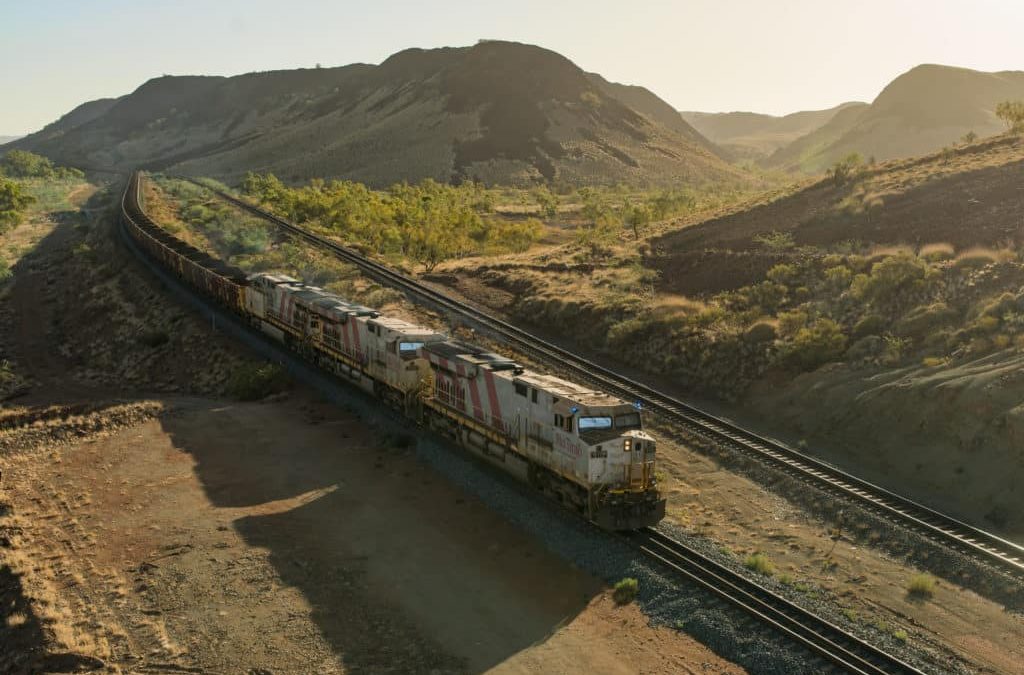There have been no injuries recorded after an autonomous train derailed at Rio Tinto’s iron ore operations in the Pilbara region of Western Australia.
The incident reportedly took place after midnight on May 13 and saw the autonomous train hit a series of stationary wagons about 80km outside Karratha, impacting 22 wagons and three locomotives.
The train was said to have been loaded with an unknown volume of iron ore and was on its way to a nearby port when it collided into the stationary wagons and derailed.
“There were no people within the vicinity of the incident and no injuries,” a Rio Tinto spokesperson said. “We have notified the appropriate regulators and commenced an investigation. Work will soon begin to clear the rail line.”
The Office of National Rail Safety Regulator (ONRSR) has been notified of the incident and is carrying out an investigation.
“The recovery train is reported to have collided with the ore train it was sent to recover, after it was disabled by a mechanical failure,” an ONRSR spokesman said.
“ONRSR is investigating the incident and will be making a series of enquiries, at this stage these are focused on the operation of and adherence to signalling systems in the area.”
This is the second Rio Tinto autonomous train derailment in the Pilbara this year, with the first occurring in February. Another derailment also took place in June 2023.
None of these derailments have resulted in human injury or have been linked to the autonomous nature of the trains, which speaks to the strong benefits of autonomous machinery in creating a safer mining environment.
According to the Western Australian Department of Mines, Industry Regulation and Safety, the most common occurrence of injury on a mine site in 2022 was due to vehicle rollovers or falls from getting on or off a vehicle. By removing operators from vehicles and employing autonomous machinery, it seems fewer incidents will take place.
Rio Tinto operates approximately 50 driverless trains across the Pilbara and has been doing so since 2019, using the autonomous system AutoHaul.



